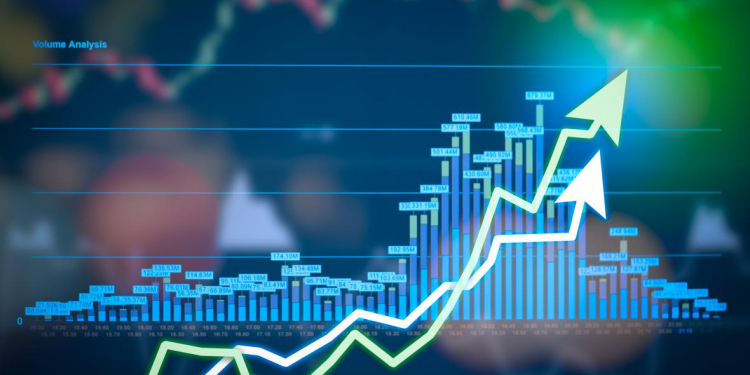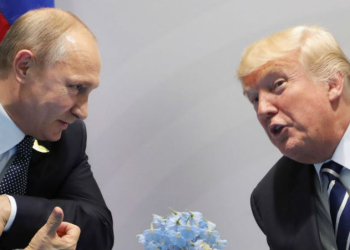The FINANCIAL — Researchers at the University of Manchester have published new research which seeks to allow policymakers to identify development options which balance economic, social and environmental goals.
The 2030 Sustainable Development Goals (SDGs) aim at jointly improving economic, social and environmental outcomes for human prosperity and planetary health. However, designing economic policies that support advancement across multiple SDGs can be hindered by multi-sector economies and conflicting policies according to University of Manchester.
Governments are usually charged with crafting economic policies to achieve sustainable development but face challenges in optimising across sectors – ideally, policymakers and stakeholders would develop economic policies that create synergies and manage trade-offs between different goals.
To address the challenge of designing balanced, sustainable economic policies, researchers have developed a tool which combines economy-wide sustainability simulation with artificial intelligence-driven multi-objective, multi-SDG policy search and machine learning.
The framework the tool creates can help to develop consensus across often competing economic, social, and environmental government mandates. Using a case study of Egypt, the research shows that integrated policy strategies can help achieve sustainable development while balancing adverse economic, social and political impacts of reforms.
“Economy systems are complex with many competing sectors – the proposed artificial intelligence-based approach can help policymakers and stakeholders navigate economic complexities to design balanced policy interventions to progress towards the SDGs,” said Dr Mohammed Basheer, another author of the paper.





























Discussion about this post